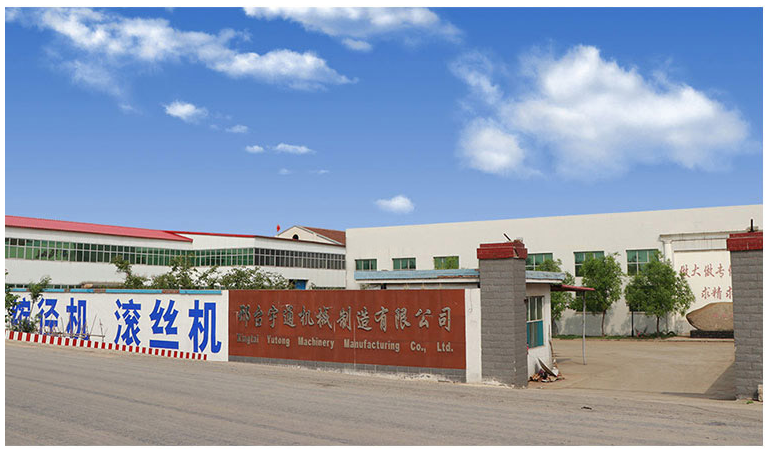
-
 Afrikaans
Afrikaans -
 Albanian
Albanian -
 Amharic
Amharic -
 Arabic
Arabic -
 Armenian
Armenian -
 Azerbaijani
Azerbaijani -
 Basque
Basque -
 Belarusian
Belarusian -
 Bengali
Bengali -
 Bosnian
Bosnian -
 Bulgarian
Bulgarian -
 Catalan
Catalan -
 Cebuano
Cebuano -
 Corsican
Corsican -
 Croatian
Croatian -
 Czech
Czech -
 Danish
Danish -
 Dutch
Dutch -
 English
English -
 Esperanto
Esperanto -
 Estonian
Estonian -
 Finnish
Finnish -
 French
French -
 Frisian
Frisian -
 Galician
Galician -
 Georgian
Georgian -
 German
German -
 Greek
Greek -
 Gujarati
Gujarati -
 Haitian Creole
Haitian Creole -
 hausa
hausa -
 hawaiian
hawaiian -
 Hebrew
Hebrew -
 Hindi
Hindi -
 Miao
Miao -
 Hungarian
Hungarian -
 Icelandic
Icelandic -
 igbo
igbo -
 Indonesian
Indonesian -
 irish
irish -
 Italian
Italian -
 Japanese
Japanese -
 Javanese
Javanese -
 Kannada
Kannada -
 kazakh
kazakh -
 Khmer
Khmer -
 Rwandese
Rwandese -
 Korean
Korean -
 Kurdish
Kurdish -
 Kyrgyz
Kyrgyz -
 Lao
Lao -
 Latin
Latin -
 Latvian
Latvian -
 Lithuanian
Lithuanian -
 Luxembourgish
Luxembourgish -
 Macedonian
Macedonian -
 Malgashi
Malgashi -
 Malay
Malay -
 Malayalam
Malayalam -
 Maltese
Maltese -
 Maori
Maori -
 Marathi
Marathi -
 Mongolian
Mongolian -
 Myanmar
Myanmar -
 Nepali
Nepali -
 Norwegian
Norwegian -
 Norwegian
Norwegian -
 Occitan
Occitan -
 Pashto
Pashto -
 Persian
Persian -
 Polish
Polish -
 Portuguese
Portuguese -
 Punjabi
Punjabi -
 Romanian
Romanian -
 Russian
Russian -
 Samoan
Samoan -
 Scottish Gaelic
Scottish Gaelic -
 Serbian
Serbian -
 Sesotho
Sesotho -
 Shona
Shona -
 Sindhi
Sindhi -
 Sinhala
Sinhala -
 Slovak
Slovak -
 Slovenian
Slovenian -
 Somali
Somali -
 Spanish
Spanish -
 Sundanese
Sundanese -
 Swahili
Swahili -
 Swedish
Swedish -
 Tagalog
Tagalog -
 Tajik
Tajik -
 Tamil
Tamil -
 Tatar
Tatar -
 Telugu
Telugu -
 Thai
Thai -
 Turkish
Turkish -
 Turkmen
Turkmen -
 Ukrainian
Ukrainian -
 Urdu
Urdu -
 Uighur
Uighur -
 Uzbek
Uzbek -
 Vietnamese
Vietnamese -
 Welsh
Welsh -
 Bantu
Bantu -
 Yiddish
Yiddish -
 Yoruba
Yoruba -
 Zulu
Zulu
Cost Estimates for Hydraulic Thread Rolling Machine Options
Understanding Price Quotes for Hydraulic Thread Rolling Machines
In the manufacturing industry, efficiency and precision are paramount, especially when it comes to producing components with threaded surfaces. Hydraulic thread rolling machines have become a go-to solution for many manufacturers due to their ability to create high-precision threads in various materials. However, when considering the purchase of such machinery, one of the foremost concerns is the price. Understanding the dynamics of price quotes for hydraulic thread rolling machines is crucial for making an informed decision.
The Basics of Hydraulic Thread Rolling Machines
Hydraulic thread rolling machines operate by using hydraulic pressure to roll threads onto a workpiece, which can be made of metal, plastic, or other materials. Compared to traditional cutting methods, thread rolling is often faster, produces stronger threads, and minimizes material waste. This technique is widely employed in industries such as automotive, aerospace, and general manufacturing.
Factors Influencing Price Quotes
1. Machine Specifications The price of a hydraulic thread rolling machine can vary significantly based on its specifications. Machines may have different capacities, thread sizes, and production speeds. Advanced models with higher precision and automation features tend to be more expensive.
2. Brand and Manufacturer Reputation Established brands with a track record of quality and reliability often charge a premium for their machines. Investing in a reputable brand can provide peace of mind regarding performance and customer support.
3. Customization Options Some manufacturers offer customization options to meet specific production needs. Tailored solutions usually come at a higher price, reflecting the additional engineering and design work involved.
4. After-Sales Service and Warranty A comprehensive after-sales service package often accompanies higher-priced machines. This may include installation, training, maintenance support, and extended warranties. Over time, these services can contribute to the overall value of the investment.
hydraulic thread rolling machine price quotes

5. Market Conditions Economic factors, such as supply chain disruptions or fluctuations in raw material costs, can also impact pricing. Manufacturers must stay informed about market trends to navigate pricing effectively.
Getting the Best Quote
When requesting price quotes for hydraulic thread rolling machines, it's essential to approach multiple suppliers. A well-structured request for quotation (RFQ) can help obtain comparable quotes. Consider the following steps
- Clearly Define Your Needs Specify the types of threads you need to produce, the materials involved, and the anticipated production volume. The more details provided, the more accurate the quotes will be. - Ask for Complete Specifications Ensure that the quotes include detailed specifications for the machines, such as size, power requirements, and included features.
- Evaluate Total Costs Beyond the initial machine cost, inquire about shipping, installation, training, and ongoing maintenance costs. This total cost of ownership will give a clearer picture of the investment required.
- Consider Financing Options Some suppliers offer financing or leasing options, which could make high-quality machines more accessible. Understanding these terms can influence your decision-making process.
Conclusion
Investing in a hydraulic thread rolling machine is a significant commitment for any manufacturing operation. By understanding the factors influencing price quotes and taking a strategic approach in requesting information, companies can make informed decisions that align with their production goals. Ultimately, the right machine can enhance efficiency, precision, and profitability, making the effort worthwhile for manufacturers aiming to maintain a competitive edge.
